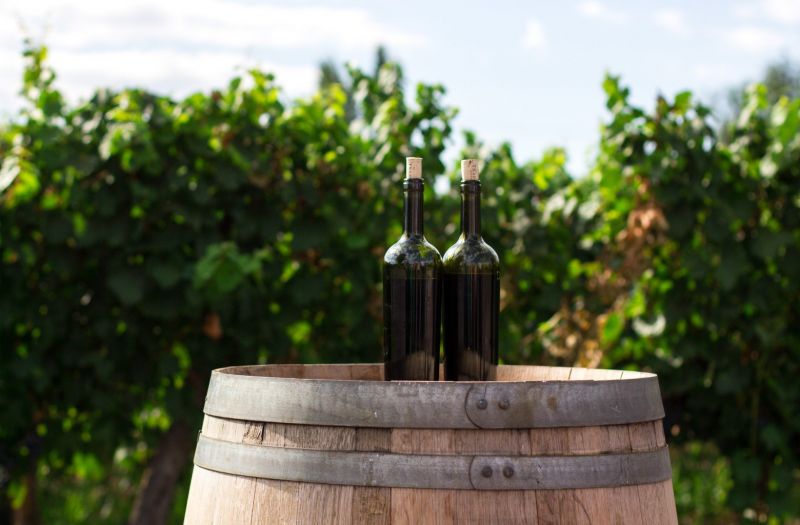Educating Sommeliers Worldwide.
By Beverage Trade Network

Who doesn’t love sitting in the sun and enjoying a glass of white wine or rose in the summer? But be careful, because your favourite wine could be infested with pesticides.
With global warming flaring, the increased amount of greenhouse gases has resulted in warmer weather, higher humidity and more frequent rain. Yes, warmer weather does ripe grapes faster, however, humidity makes them an attractive point for pests and diseases like mildew, fungal diseases and cluster rot.
In the famous Riesling region of Moselle, Germany, farmers are using more pesticides to control the increased amount of pests, as reported by Deutsche Welle.
Grape varieties such as Riesling, Chardonnay, Sauvignon Blanc and Pinot Noir are famous for their high prices and demand, however, they’re also known as the most delicate among thousands of grape varieties.
Research states that pesticides applied to grapes stick around in finished wine. A study also discovered that French wine had at least one pesticide; however the pesticide levels were too low to cause any damage.
Climate change is said to affect all wine making areas. In Napa Valley, higher temperatures might make it too hot for wine cultivation. But this is also opening up possibilities to open up wine making possibilities, where it was previously too cold to cultivate grapes.